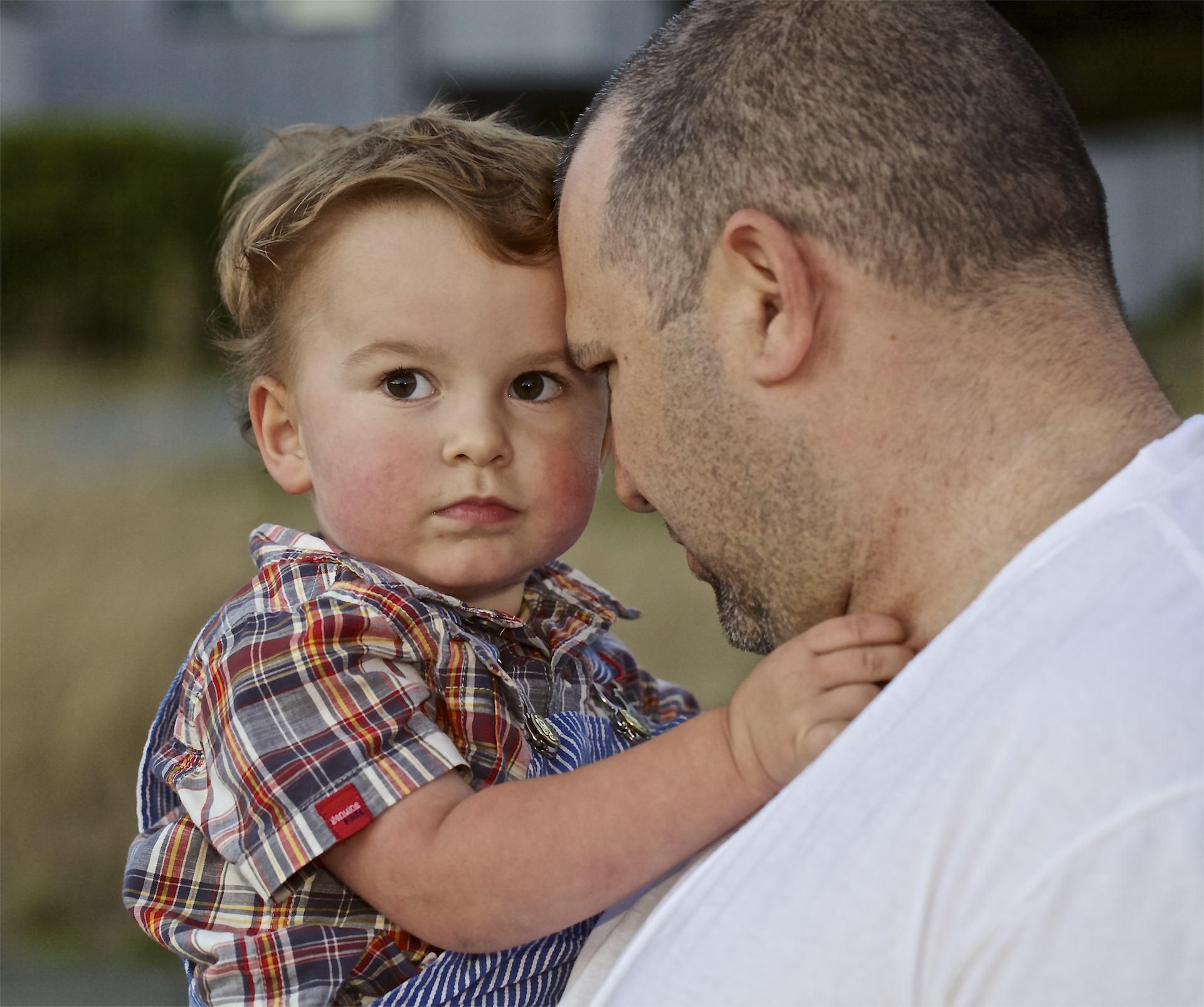

PROJECT DETAILS
- Date 15 Feb 2016
- Lawyer Mr Farbic D'Cousta
- Skills Business law Skills
- Location USA
- Category Child Custody Modification
ABOUT THIS PROJECT
Standard for Child Custody Modification
Ohio Revised Code 3109.04 (E)(1)(a) states that the court shall not modify a prior decree allocating parental rights and responsibilities for the care of children unless it finds, based on facts that have arisen since the prior decree or that were unknown to the court at the time of the prior decree, that a change has occurred in the circumstances of the child, the child’s residential parent, or either of the parents and that the modification is necessary to serve the best interest of the child. Modification must be is in the best interest of the child and one of the following applies:
(i) The residential parent agrees to a change in the residential parent or both parents under a shared parenting decree agree to a change in the designation of residential parent.
(ii) The child, with the consent of the residential parent or of both parents under a shared parenting decree, has been integrated into the family of the person seeking to become the residential parent.
(iii) The harm likely to be caused by a change of environment is outweighed by the advantages of the change of environment to the child.

One or both of the parents under a prior decree allocating parental rights and responsibilities for the care of children that is not a shared parenting decree may file a motion requesting that the prior decree be modified to give both parents shared rights and responsibilities for the care of the children. If the court determines that a modification of the prior decree is authorized under division (E)(1)(a) of this section, the court may modify the prior decree to grant a shared parenting order, provided that shared parenting would be in the best interest of the child(ren).
Both parents under a shared parenting decree jointly may modify the terms of the plan for shared parenting approved by the court and incorporated by it into the shared parenting decree. Modifications under this division may be made at any time so long as the modifications are in the best interest of the child(ren).
Best Interest of the Child
(1) In determining the best interest of a child, whether on an original decree allocating parental rights and responsibilities for the care of children or a modification of a decree allocating those rights and responsibilities, the court shall consider all relevant factors, including, but not limited to:
(a) The wishes of the child’s parents regarding the child’s care;
(b) If the court has interviewed the child in chambers pursuant to division (B) of this section regarding the child’s wishes and concerns as to the allocation of parental rights and responsibilities concerning the child, the wishes and concerns of the child, as expressed to the court;
(c) The child’s interaction and interrelationship with the child’s parents, siblings, and any other person who may significantly affect the child’s best interest;
(d) The child’s adjustment to the child’s home, school, and community;
(e) The mental and physical health of all persons involved in the situation;
(f) The parent more likely to honor and facilitate court-approved parenting time rights or visitation and companionship rights;
(g) Whether either parent has failed to make all child support payments, including all arrearages, that are required of that parent pursuant to a child support order under which that parent is an obligor;
(h) Whether either parent or any member of the household of either parent previously has been convicted of or pleaded guilty to any criminal offense involving any act that resulted in a child being an abused child or a neglected child; whether either parent, in a case in which a child has been adjudicated an abused child or a neglected child, previously has been determined to be the perpetrator of the abusive or neglectful act that is the basis of an adjudication; whether either parent or any member of the household of either parent previously has been convicted of or pleaded guilty to a violation of section 2919.25 of the Revised Code or a sexually oriented offense involving a victim who at the time of the commission of the offense was a member of the family or household that is the subject of the current proceeding; whether either parent or any member of the household of either parent previously has been convicted of or pleaded guilty to any offense involving a victim who at the time of the commission of the offense was a member of the family or household that is the subject of the current proceeding and caused physical harm to the victim in the commission of the offense; and whether there is reason to believe that either parent has acted in a manner resulting in a child being an abused child or a neglected child;
(i) Whether the residential parent or one of the parents subject to a shared parenting decree has continuously and willfully denied the other parent’s right to parenting time in accordance with an order of the court;
(j) Whether either parent has established a residence, or is planning to establish a residence, outside this state.
(2) In determining whether shared parenting is in the best interest of the children, the court will consider all relevant factors, including, but not limited to:
(a) The ability of the parents to cooperate and make decisions jointly, with respect to the children;
(b) The ability of each parent to encourage the sharing of love, affection, and contact between the child and the other parent;
(c) Any history of, or potential for, child abuse, spouse abuse, other domestic violence, or parental kidnapping by either parent;
(d) The geographic proximity of the parents to each other, as the proximity relates to the practical considerations of shared parenting;
(e) The recommendation of the guardian ad litem of the child, if the child has a guardian ad litem.
(3) When allocating parental rights and responsibilities for the care of children, the court shall not give preference to a parent because of that parent’s financial status or condition.
The court shall not modify a prior decree allocating parental rights and responsibilities unless the court determines that there has been a change in circumstances of the child, the child’s residential parent, or either of the parents subject to a shared parenting decree, and that modification is necessary to serve the best interest of the child.

